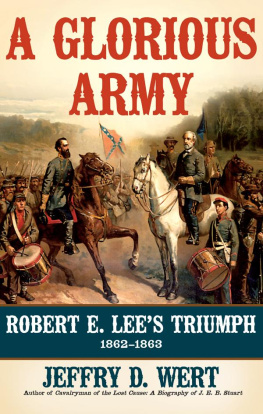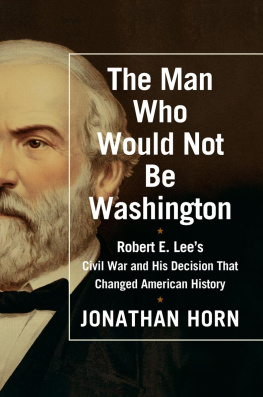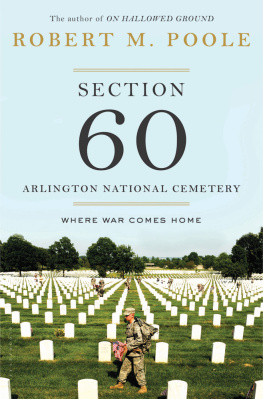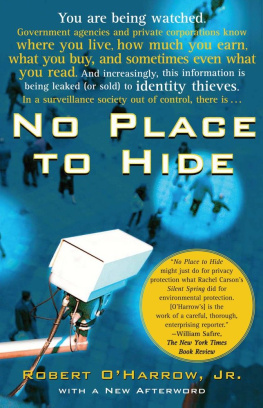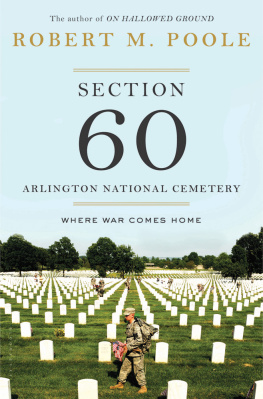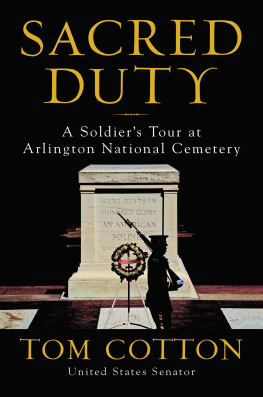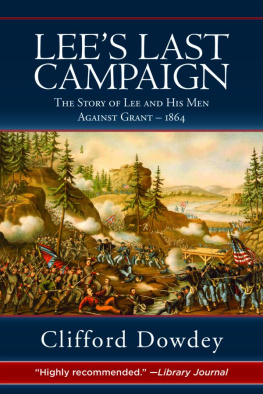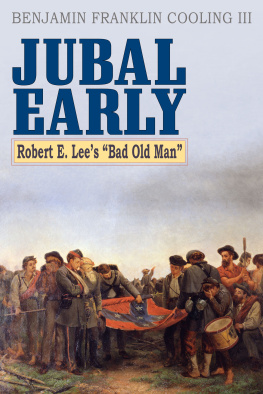Anthony J. Gaughan - The Last Battle of the Civil War: United States versus Lee, 1861-1883
Here you can read online Anthony J. Gaughan - The Last Battle of the Civil War: United States versus Lee, 1861-1883 full text of the book (entire story) in english for free. Download pdf and epub, get meaning, cover and reviews about this ebook. City: Baton Rouge, year: 2011, publisher: LSU Press, genre: History / Science. Description of the work, (preface) as well as reviews are available. Best literature library LitArk.com created for fans of good reading and offers a wide selection of genres:
Romance novel
Science fiction
Adventure
Detective
Science
History
Home and family
Prose
Art
Politics
Computer
Non-fiction
Religion
Business
Children
Humor
Choose a favorite category and find really read worthwhile books. Enjoy immersion in the world of imagination, feel the emotions of the characters or learn something new for yourself, make an fascinating discovery.

- Book:The Last Battle of the Civil War: United States versus Lee, 1861-1883
- Author:
- Publisher:LSU Press
- Genre:
- Year:2011
- City:Baton Rouge
- Rating:5 / 5
- Favourites:Add to favourites
- Your mark:
The Last Battle of the Civil War: United States versus Lee, 1861-1883: summary, description and annotation
We offer to read an annotation, description, summary or preface (depends on what the author of the book "The Last Battle of the Civil War: United States versus Lee, 1861-1883" wrote himself). If you haven't found the necessary information about the book — write in the comments, we will try to find it.
Seventeen years after Robert E. Lees surrender at Appomattox, one final, dramatic confrontation occurred between the Lee family and the United States government. In The Last Battle of the Civil War, Anthony J. Gaughan recounts the fascinating saga of United States v. Lee, known to history as the Arlington Case.
Prior to the Civil War, Mary Lee, Robert E. Lees wife, owned the estate that Arlington National Cemetery rests on today. After the attack on Fort Sumter, however, the Union army seized the Lees Arlington home and converted it into a national cemetery as well as a refugee camp for runaway slaves.
In 1877 George Washington Custis Lee, Robert and Marys eldest son, filed suit demanding that the federal government pay the Lees just compensation for Arlington. In response, the Justice Department asserted that sovereign immunity barred Lee and all other private plaintiffs from bringing Fifth Amendment takings cases. The courts, the government claimed, had no jurisdiction to hear such lawsuits.
In a historic ruling, the Supreme Court rejected the governments argument. As the majority opinion explained, All the officers of the government, from the highest to the lowest, are creatures of the law and are bound to obey it. The ruling made clear that the government was legally obligated by the Fifth Amendment to pay just compensation to the Lees.
The Courts ruling in United States v. Lee affirmed the principle that the rule of law applies equally to ordinary citizens and high government officials. As the justices emphasized, the Constitution is not suspended in wartime and government officials who violate the law are not beyond the reach of justice. Ironically, the case also represented a watershed on the path of sectional reconciliation. By ruling in favor of the Lee family, the justices demonstrated that former Confederates would receive a fair hearing in the federal courts.
Gaughan provides a riveting account of the Civil Wars final battle, a struggle whose outcome became a significant step on the path to national reunion.
Anthony J. Gaughan: author's other books
Who wrote The Last Battle of the Civil War: United States versus Lee, 1861-1883? Find out the surname, the name of the author of the book and a list of all author's works by series.

